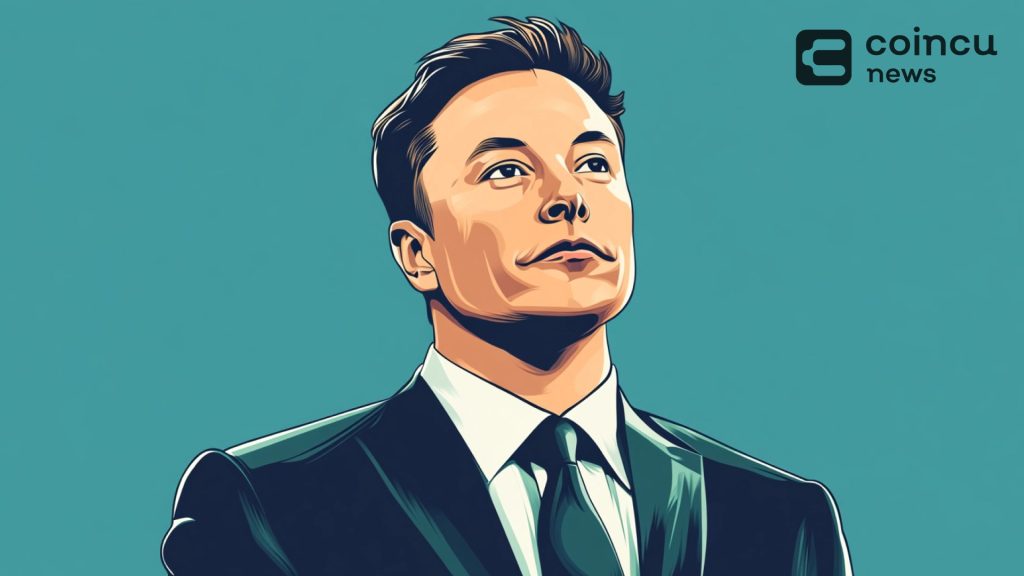SEC Seeks Sanctions Against Elon Musk About $44 Billion Acquisition
Key Points:
- The SEC plans to pursue sanctions against Elon Musk for failing to appear for court-ordered testimony regarding his $44 billion acquisition of Twitter.
- Musk notified the SEC only three hours before his scheduled testimony, claiming an emergency due to a SpaceX launch.
The SEC said on Friday that it would seek sanctions against Elon Musk after he failed to appear to testify under oath, as ordered by the court, about his acquisition of the $44 billion Twitter now operating as X.

Read more: Elon Musk Dogecoin Lawsuit Dismissed by Judge
SEC Seeks Sanctions Against Elon Musk for Failure to Testify
The SEC wants to hold Musk in civil contempt, citing his notice of an emergency preventing him from attending a September 10 appearance, just three hours before.
In a court filing, the SEC said Musk’s actions had violated an earlier court order that called for his testimony. Musk was absent during this time due to his trip to Florida for the SpaceX launch, which the SEC attorney Robin Andrews claimed was a case of deliberate evasion. The SEC wants Musk to reimburse the costs associated with his last-minute pullout since three of its attorneys came in for the hearing.
Musk’s lawyer, Alex Spiro, said it was an “unavoidable emergency” since Musk had to be there for the launch because of safety concerns on behalf of the astronauts in space. Spiro argued sanctions against Elon Musk would be “drastic,” while a new date has already been set for Musk’s testimony in October.
Ongoing Tensions Between Musk and the SEC Intensify
The SEC’s sanctions against Elon Musk add to his long-serving tensions with the agency, which heightened after a 2018 case when Musk tweeted of taking Tesla private at $420 a share. The SEC alleged those claims were misleading, resulting in a settlement was $20 million, while Musk had to step down as chairman of Tesla.
The SEC filing also cited a New York case, where lawyers said Musk failed to disclose sufficient information about his intentions regarding Twitter stock purchases and therefore put other shareholders at a disadvantage. Indeed, evidence from that case included emails indicating Musk had kept a strategy of buying Twitter stock tightly guarded.
| DISCLAIMER: The information on this website is provided as general market commentary and does not constitute investment advice. We encourage you to do your own research before investing. |






















